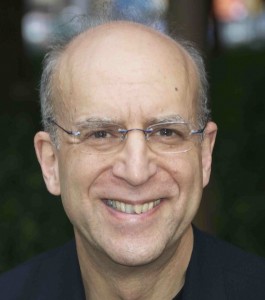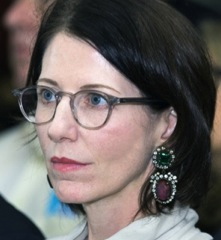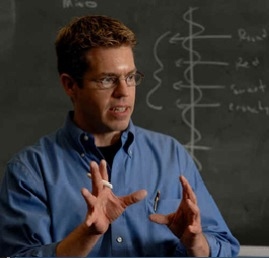Details of keynote speakers at DHA 2014
Professor Neil Fraistat
Neil Fraistat is Professor of English and Director of the Maryland Institute for Technology in the Humanities (MITH) at the University of Maryland.

Neil currently chairs the international Alliance of Digital Humanities Organizations (ADHO), is Co-Founder and Co-Chair of centerNet, an international network of digital humanities centers, and is Vice President of the Keats-Shelley Association of America. Fraistat is Co-Founder and General Editor of the Romantic Circles Website and has published widely on the subjects of Romanticism, Textual Studies, and Digital Humanities in various articles and in the ten books he has authored or edited.
Neil’s most recent publications are The Cambridge Companion to Textual Scholarship and Volume III of The Complete Poetry of Percy Bysshe Shelley. He has been awarded both the Society for Textual Scholarship’s biennial Fredson Bowers Memorial Prize and the biennial Richard J. Finneran Prize, the Keats-Shelley Association Prize, honorable mention for the Modern Language Association’s biennial Distinguished Scholarly Edition Prize, and the Keats-Shelley Association’s Distinguished Scholar Award.
Professor Sarah Kenderdine
Sarah Kenderdine researches at the forefront of interactive and immersive experiences for museums and galleries.
In widely exhibited installation works, she has amalgamated cultural heritage with new media art practice, especially in the realms of interactive cinema, augmented reality and embodied narrative. Sarah holds the position of Professor, National Institute for Experimental Arts (NIEA), COFA, University of New South Wales (2013—) and Special Projects and, Special Projects Museum Victoria, Australia (2003—). She is Adjunct Prof at RMIT, Melbourne and at CityU Hong Kong, as Director of Research at the Applied Laboratory for Interactive Visualization and Embodiment (ALiVE).
Recent books include PLACE-Hampi: Inhabiting the Panoramic Imaginary of Vijayanagara, Heidelberg: Kehrer Verlag, 2013 and the co-edited, co-authored Theorizing Digital Cultural Heritage: a critical discourse, Cambridge: MIT Press, 2007 (third reprint 2010). In 2013, Kenderdine received an ICOM (Australia) Award for the Museum at Kaladham built in Karnataka, India; the Australian Arts in Asia Awards Innovation Award 2013 for PLACE-Hampi and the Museum at Kaladham; a Digital Heritage International Congress & IMéRA Foundation (Aix-Marseille University) Fellowship 2013 and; the Tartessos Prize for contributions to virtual archaeology worldwide.
For recent work see ALiVE <http://alive.scm.cityu.edu.hk/projects/>
Dr Anthony F. Beavers
Tony Beavers is Professor of Philosophy and Director of the Digital Humanities Lab, The University of Evansville
Tony works in the developing area of computational philosophy, an approach to the discipline that involves using computers to make philosophical discoveries that are not readily available with traditional argumentative methods and that also tests philosophical theories for computational tractability. Most recently, his efforts have involved showing that ethics may be more easily computable than might first appear and that this may well compromise our sense of values. Tony also works on network models that attempt to show how standard databases can be transformed into predictive mechanisms to help humanists make textual and historical discoveries.
Tony has lectured widely on these topics in the United States and Europe. He was also a Digital Humanities Fellow at Indiana University, 2008-2009, a fellow at the U.S. National Endowment for the Humanities Advanced Topics in the Digital Humanities at UCLA in 2010 and a co-planner for a second NEH Institute at the University of North Carolina, Charlotte in 2011. Anthony is the recipient of the 2012 World Technology Award in Ethics for his study of how machine ethics relates to our moral sensibilities. He recently served a term as President of the International Association for Computing and Philosophy.


